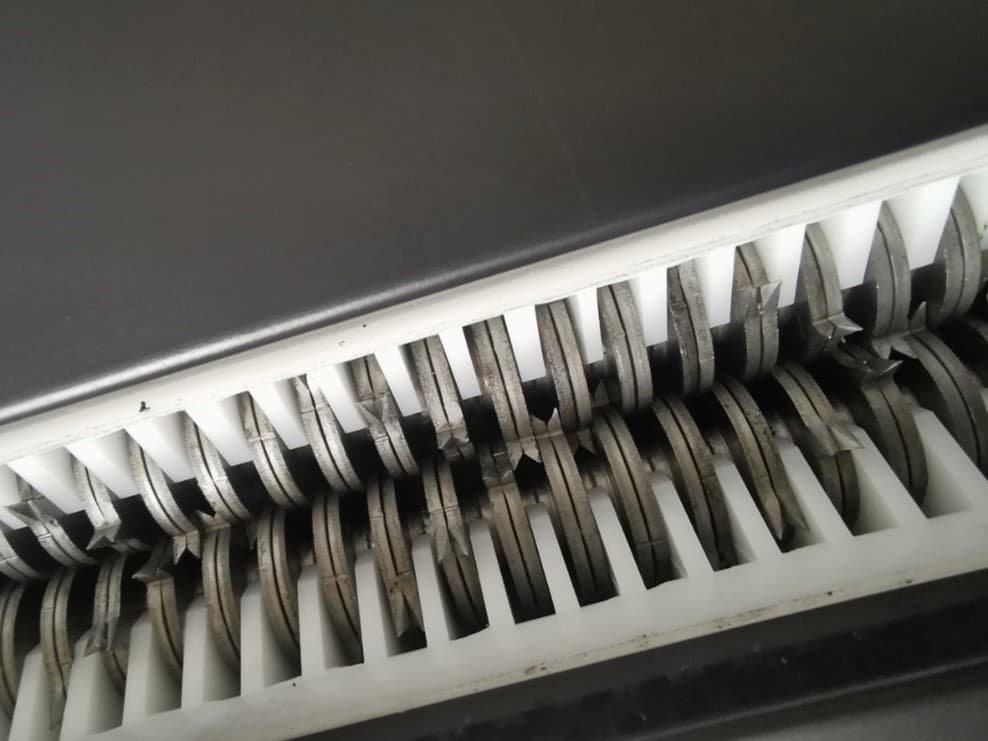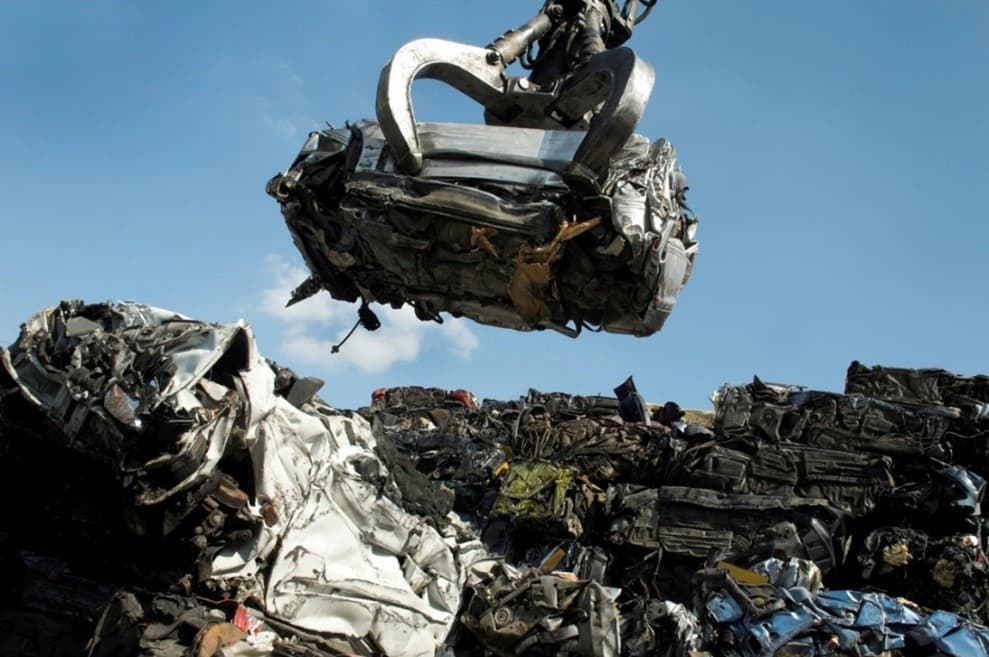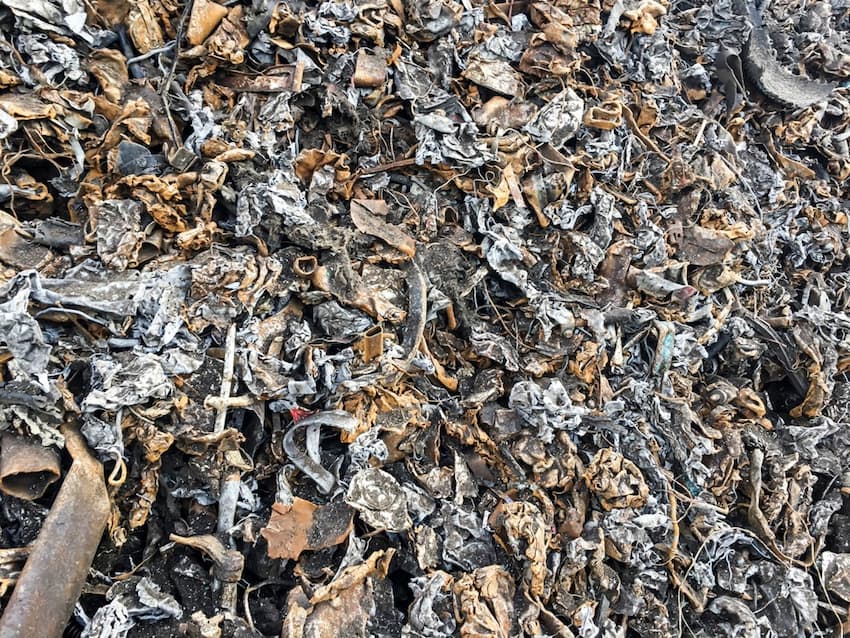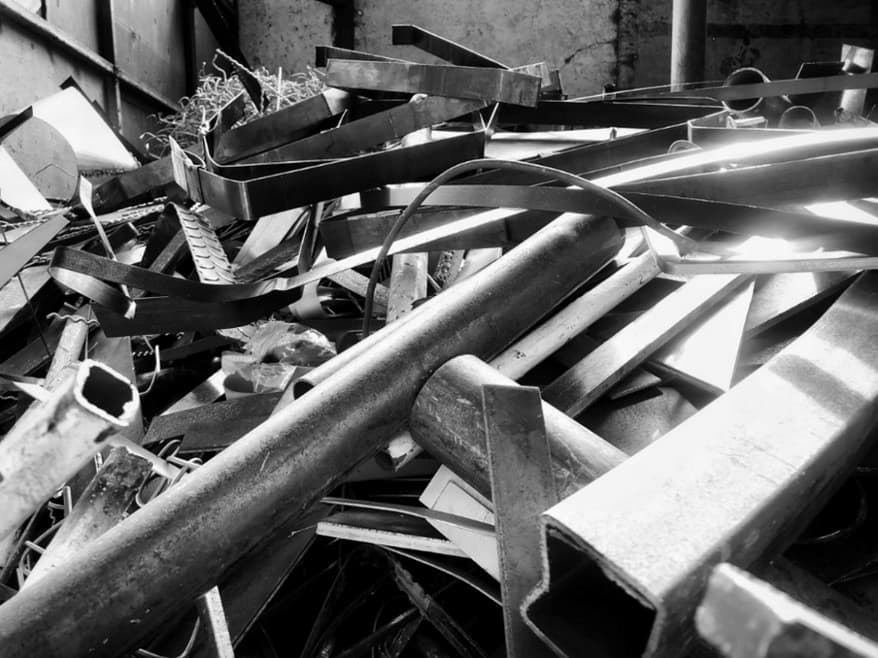One of the must-dos to boost the circular economy and reinforce an ecological approach to industrial production is the recycling of scrap metal. A fundamental part of this process and of our strategy at Morecambe Metals is metal shredding. This process plays an essential role in both the efficacy and the sustainability of metal recycling operations, especially in an era where environmental consciousness is gaining traction on a global scale and businesses are implementing a variety of sustainable practices in their strategies.
In this article, we will explain the basics of metal shredding and its importance as a cornerstone in recycling procedures, shining a spotlight on Morecambe Metals and our advanced technologies in shredding equipment to combine efficiency and innovation.
What is Metal Shredding?
Metal shredding is a process that involves breaking down large pieces of metal into smaller, more manageable fragments. The shredded metals are subsequently easier to transport and simpler to process, eventually leading to the production of new goods. At its core, metal shredding contributes significantly to resource conservation, so it’s easy to understand how it’s a vital process for various reasons.
The first, and perhaps most important, is the transformation of bulky metal items into smaller pieces, which enhances the efficiency of sorting, separating, and ultimately recycling the metal. By breaking down larger pieces into more manageable fragments, the metal becomes easier to handle, reducing the overall environmental impact of the recycling process. Additionally, shredded metal is more amenable to melting, a vital step in the recycling chain that transforms the metal into new, reusable products.
At Morecambe Metals, our extensive fleet of equipment includes avant-garde metal shredders. These machines are incredibly powerful and are designed to handle the rigid and tough nature of scrap metal and transform it into smaller parts destined to be further processed and recycled with greater ease.
Why is Metal Shredding Central to Recycling?
As we mentioned above, metal shredding serves as a key element of the metal recycling process, providing the foundation for numerous subsequent stages that transform scrap into reusable materials.
By effectively fragmenting scrap metal into smaller parts, shredding represents a catalyst, facilitating more efficient operations, such as material separation, reducing waste, and preparing the metal for its future use. Let’s explore the main reasons why shredding forms an integral part of our commitment to a more productive and sustainable metal recycling process.
More Efficient Recycling Processes
The primary benefit of shredding scrap metal is the tremendous increase in efficiency during the ensuing stages of recycling. Throughout the metal recycling process, reduced-sized metal scraps are a lot simpler and faster to meltdown in comparison to their larger counterparts, translating into heightened productivity and easier recycling of larger volumes of scrap metal in a shorter period. Overall, this means less energy and reduced utility expenses. Lower energy consumption doesn’t only involve monetary savings; it also reduces the environmental impact of the recycling process, with fewer carbon emissions released into the atmosphere.
Effective Material Separation
Shredding is key not only in breaking down large metal items into more manageable fragments but also in facilitating the separation of various metal types. Once the metals undergo the shredding process and are transformed into smaller pieces, advanced technologies like Eddy Current Separation come into play. Eddy Current Separation is an advanced technique that uses magnetic fields generated by rapidly alternating electric currents. When applied to shredded metal, this technology can discern different types of metals based on their conductivity and magnetic properties. This capability is particularly valuable in the recycling industry, where diverse metals such as aluminium, copper, and steel are often intermingled in the form of scrap.
Improved Waste Reduction
Shredding metal dramatically aids in decreasing the amount of waste. More often than not, large, unwieldy pieces of scrap metal can be challenging to store and transport. Their bulky size not only occupies significant storage space but also poses logistical difficulties when moving them from one place to another. By adopting the process of metal shredding, the amount of physical space required to store the scrap metal is exponentially reduced. This results in far greater ease in managing inventory and improved efficiency when planning and executing storage strategies. Shredding also simplifies the transportation of scrap metal as shredded pieces can be easily packed and loaded onto transport vehicles, and more can be moved with fewer trips.
Preparation for Future Use
Finally, shredding prepares the metal for reuse in a highly convenient form. Industries seeking recycled metal prefer it in a state that can be readily used in their production activities. Shredded metal can be quickly incorporated into the manufacturing process, transforming what was once discarded scrap into a valuable material resource.
Morecambe Metals’ Cutting-Edge Shredding Equipment
As a leading player in the scrap metal industry, we take pride in our advanced shredding equipment. We recognise the importance of innovation in enhancing efficiency and sustainability. Here’s an overview of the shredding technology we employ:
- Advanced Hammer Mills: with their high-speed rotation and generated impact force, these hammer mills facilitate uniform and efficient metal fragmentation.
- Shear Shredders with Intelligent Controls: the automated controls of these shear shredders allow for adjustable settings, ensuring the shredding process is tailored to the specific characteristics of the metal.
- Material Separation Technology: This advanced technology allows non-ferrous metal recycling as it helps separate ferrous and non-ferrous metals during the shredding process, which subsequently streamlines recycling stages.
Embracing Sustainability with Morecambe Metals
It’s now clear how metal shredding forms a critical part of the scrap metal recycling process for all the reasons we’ve just explained. At Morecambe Metals, we understand the importance of this process in adopting a more sustainable approach to junk consumption and disposal, marking a renewed commitment to ecological responsibility. To us, recycling isn’t just about converting waste into something useful; it’s also about doing so in a way that minimises negative environmental impacts.
After almost 40 years, our wealth of knowledge and experience in the scrap metal industry allows us to provide efficient scrap metal collection and processing services. By employing advanced techniques and processes, we aim to continue leading the way in scrap metal recycling, promoting a more sustainable future for all.
If you need our services or have any enquiries, contact us today. Our experienced team will be happy to assist you.





